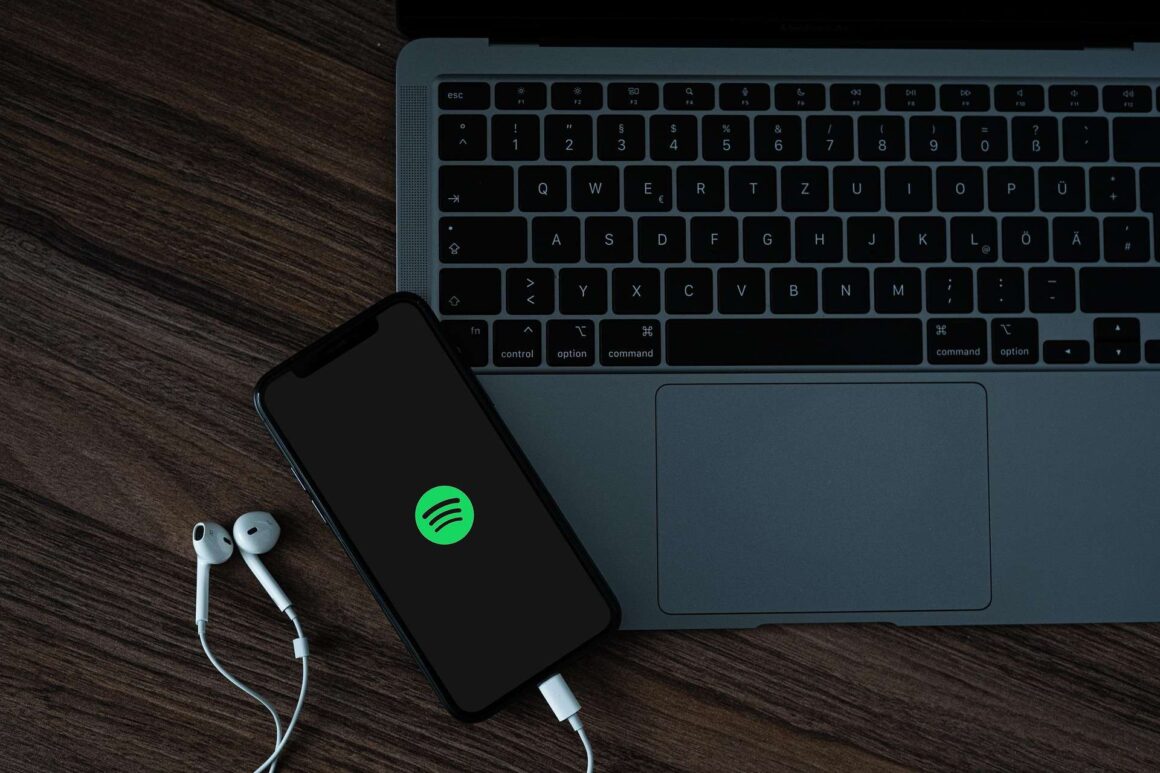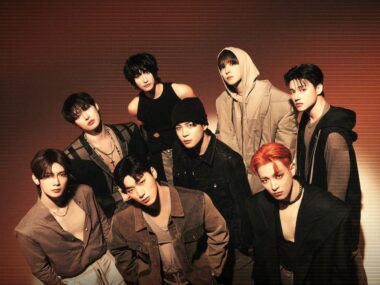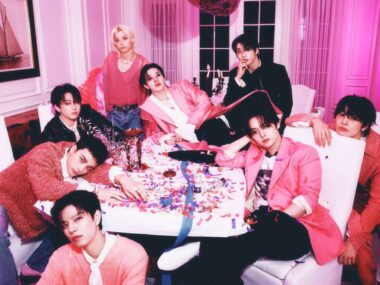The Problem Fans Have With Pre-Release Singles
K-pop fans argue about almost everything. One thing most can agree on is how it is when a pre-release single drops only on YouTube. Agencies like to debut the music video first, hoping it will build excitement for the album and boost social media engagement.
The problem is that fans don’t want to be forced to watch a music video on YouTube just to hear a song they like. Not everyone has reliable access to YouTube, and even those who do feel forced into a platform they don’t prefer. Spotify is the world’s most widely used music streaming service, so fans expect songs to be available there immediately.
The delay can also kill momentum. By the time the single makes it to Spotify, the initial excitement has faded. Fans shift their focus to the album’s title track, leaving the pre-release to fall into the background.
Why Agencies Stick to YouTube First
For agencies, there are clear reasons to prioritize YouTube:
- Promotional value: Music videos grab attention, go viral, and keep the group visible online before their comeback starts.
- Longer spotlight: Staggering releases extends the promotion cycle, keeping the artist’s name in headlines for weeks.
- Licensing complexities: Uploading to Spotify isn’t as simple as clicking “publish.” Agencies need to submit tracks at least five days in advance, and last-minute scheduling or licensing negotiations can create delays.
There’s also history here. In 2021, a dispute between Kakao M and Spotify led to songs disappearing entirely from the platform. It’s a sobering reminder for fans that behind-the-scenes negotiations can directly affect the availability of music.
Not Every Group Does This
The frustrating part for fans is the inconsistency. Some groups release pre-releases on Spotify right away. TWICE, for example, often makes their songs available everywhere at once. Other artists, like i-dle or NCT DREAM, stick to YouTube first.
These aren’t random decisions. They’re made by the divisions inside K-pop agencies that manage idol activities. Marketing teams may prioritize video engagement for one group while focusing on global streaming for another. The result is a patchwork system that leaves fans guessing every comeback.
Is Spotify a Good Option?
Most Western fans prefer Spotify but in Korea, YouTube Music is one of the top streaming platforms. K-pop companies try to find a balance of expanding their presence in the global market without alienating their Korean fans. In a way, YouTube is the middle ground where just about anyone can stream and access content.
Also, Spotify has pissed off their users by repeatedly raising prices despite people’s fears of an impending recession. Not to mention that UK users have threatened to cancel their subscriptions due to the platform requiring age checks thanks to the UK’s Online Safety Act.
Another problem is that fans are noticing Spotify is removing streams from certain songs due to bots. However, these adjustments are usually made weeks or even months after a song is released. YouTube does try to remove fraudulent activity as quickly as possible. It wouldn’t surprise me if more K-pop agencies are keeping these things in mind during comeback preparations.
Is There Anything Wrong with the Current System?
I guess the real question is are idols hurting themselves by having their pre-release singles on YouTube only? It’s not like the song never sees the light of day. It’s available at the same time as the album drops. The fans who want to stream on Spotify usually have to wait for a week, two tops.
I know Western fans prefer to have every song available everywhere. It’s how it works in the U.S. but K-pop plays by a different rulebook. Idols and their agencies continue to experiment with the strategies they feel will bring the most success. What matters is that their songs are ranking high on the charts, albums are selling well and maybe win on a music show at least once. If the way things are now is working, why change it? Remember the old saying: if it ain’t broke, don’t fix it.






